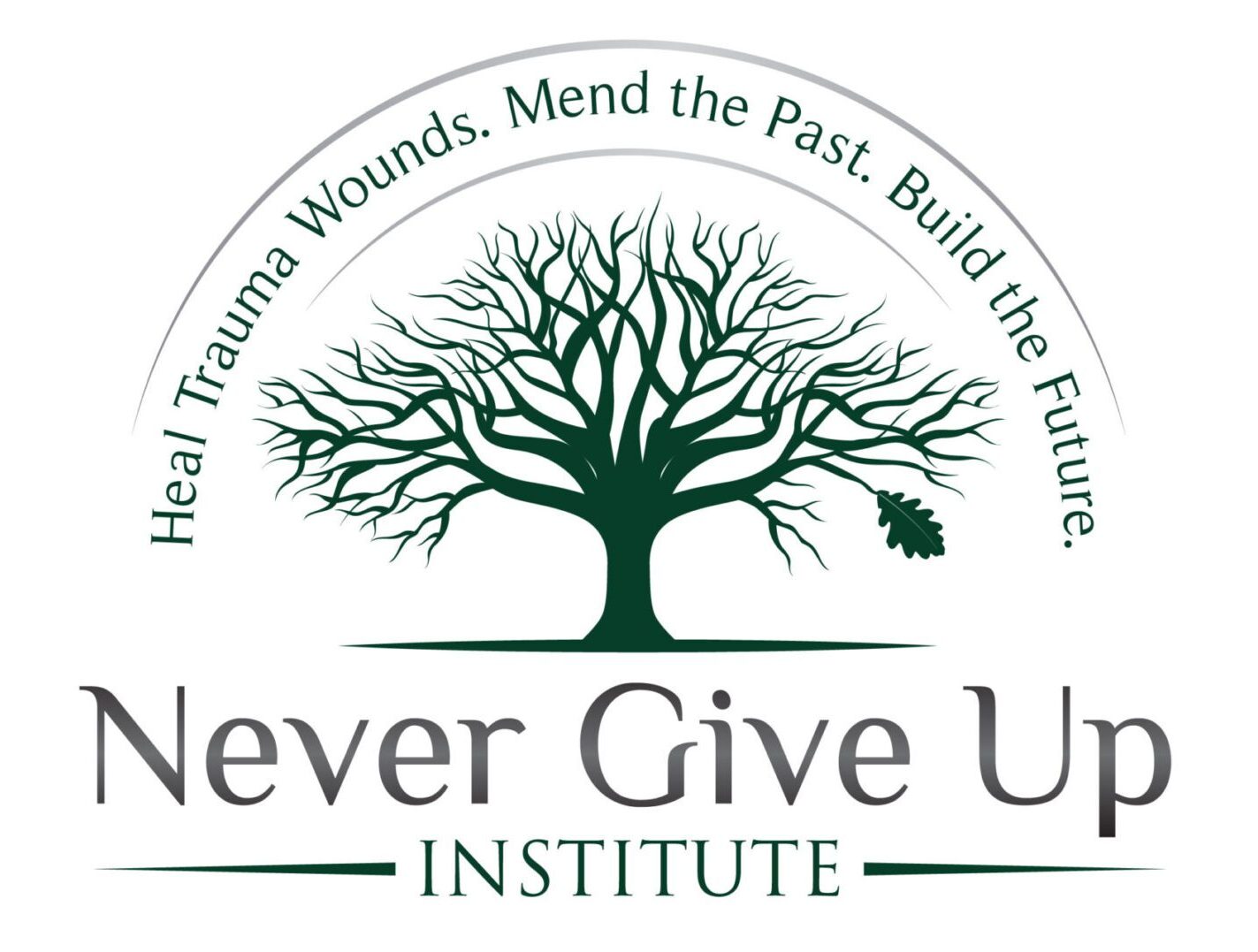Hello Wellness and Spiritual Seekers:
I received this article from NO MORE Foundation. This article is so impactful and I believe my readers should read this to understand a different type of abuse. The NO MORE Foundation (NO MORE) is dedicated to ending domestic and sexual violence by increasing awareness, inspiring action, and fueling culture change. They work to amplify and grow the movement to stop and prevent domestic and sexual violence around the world by creating and supporting innovative campaigns, partnerships, and tools that leverage the power of the media, entertainment, sports, technology, and collective action. [Misogyny goes back to the beginning of time.]
_______________________________________________________________________________________
In recent years, online misogyny has emerged as a widespread issue posing significant challenges for women and girls worldwide. Recent studies reveal the alarming scale of this trend: one analysis of 1.5 million tweets over a three-week period uncovered 200,000 cases of misogynistic abuse. Another estimated that nearly half of women have been on the receiving end of sexist or misogynistic comments online. Young women are especially affected, with one in three reporting that they have experienced online abuse. This epidemic doesn’t just live in the digital space – it is also a catalyst for real-world harm.
The Digital Manifestation of Gender Discrimination
While online platforms can offer incredible opportunities for connection and expression, they have also become spaces where harmful ideologies can thrive unchecked. The rise of online misogyny is among these challenges, and encompasses a range of behaviors including derogatory comments, threats, and harassment directed at women based on their gender. These behaviors diminish the safety of digital spaces for women, restricting their ability to express themselves freely and participate in online discourse. But the impacts of this abuse also extend far beyond the screen. Of the women who reported experiencing online misogynistic abuse, 27% had been threatened with sexual or physical violence. Online abuse can also have a negative impact on mental health: 55% of women report experiencing anxiety, stress, or panic attacks as a result of online abuse, while many others suffer from psychological impacts like loss of self-esteem and a sense of powerlessness.
The Cycle of Normalization
Online misogyny reflects and reinforces offline inequalities, normalizing a culture of disrespect and violence toward women. What starts as a disparaging comment online can escalate into serious real-world dangers, including stalking, threats, and physical or sexual violence. Left unchallenged, online misogyny makes it increasingly difficult to address and counter gender-based abuse both on and offline.
Taking Action Against Digital Abuse
Tackling online misogyny will require collective commitment. We must work together to understand how online abuse facilitates broader violence and take decisive steps to confront it. Educating ourselves and others is a crucial first step in breaking this destructive cycle.
__________________________________________________________________
I hope this article awakens a new perspective for you regarding the challenges women and girls face today. We need to see that misogyny is lawfully enforced and punished. TODAY!
Alexis Acker-Halbur, International and national book award winner, and founder of the Never Give Up Institute. |
